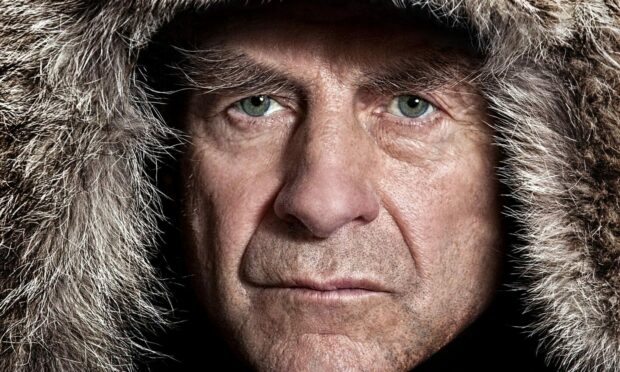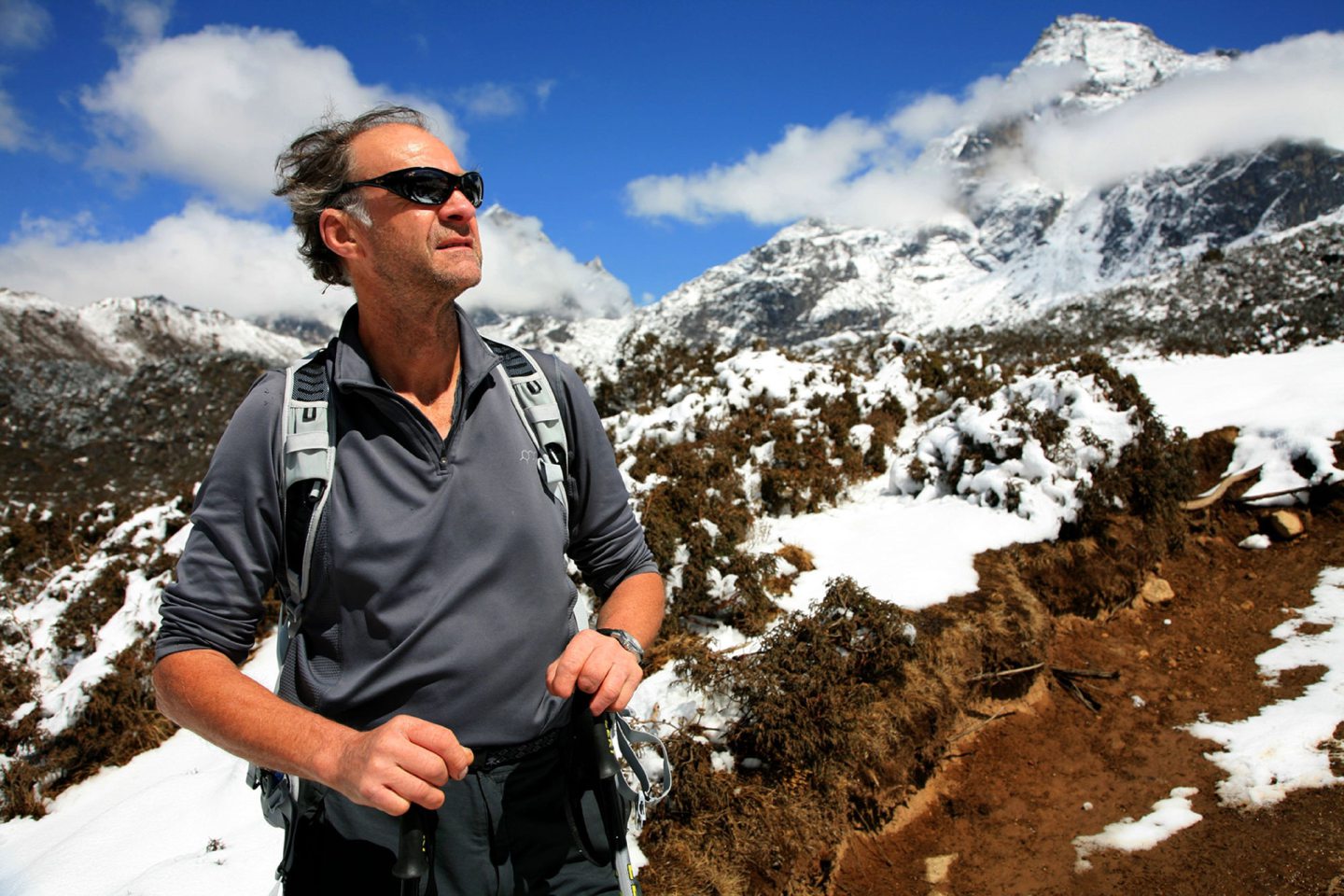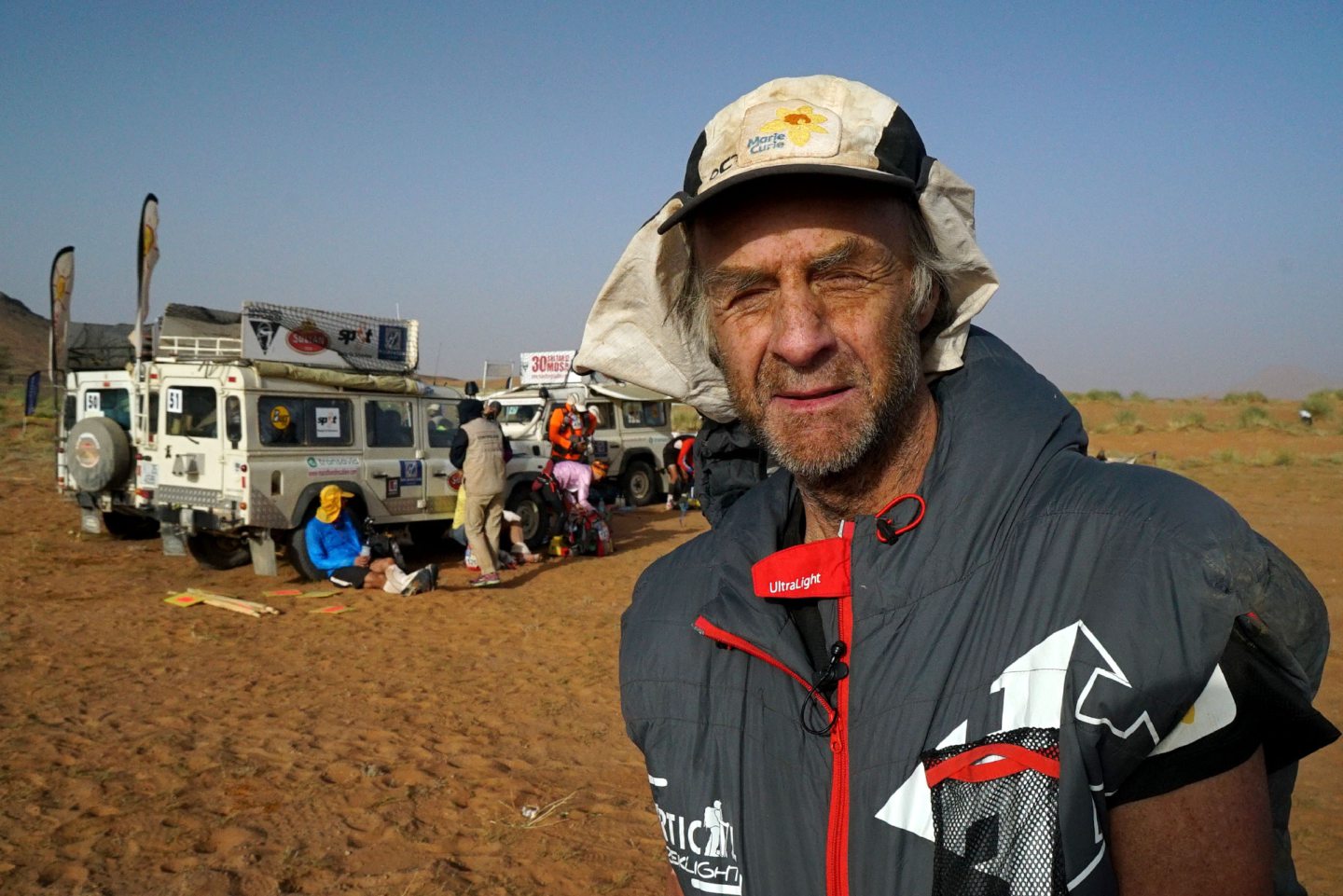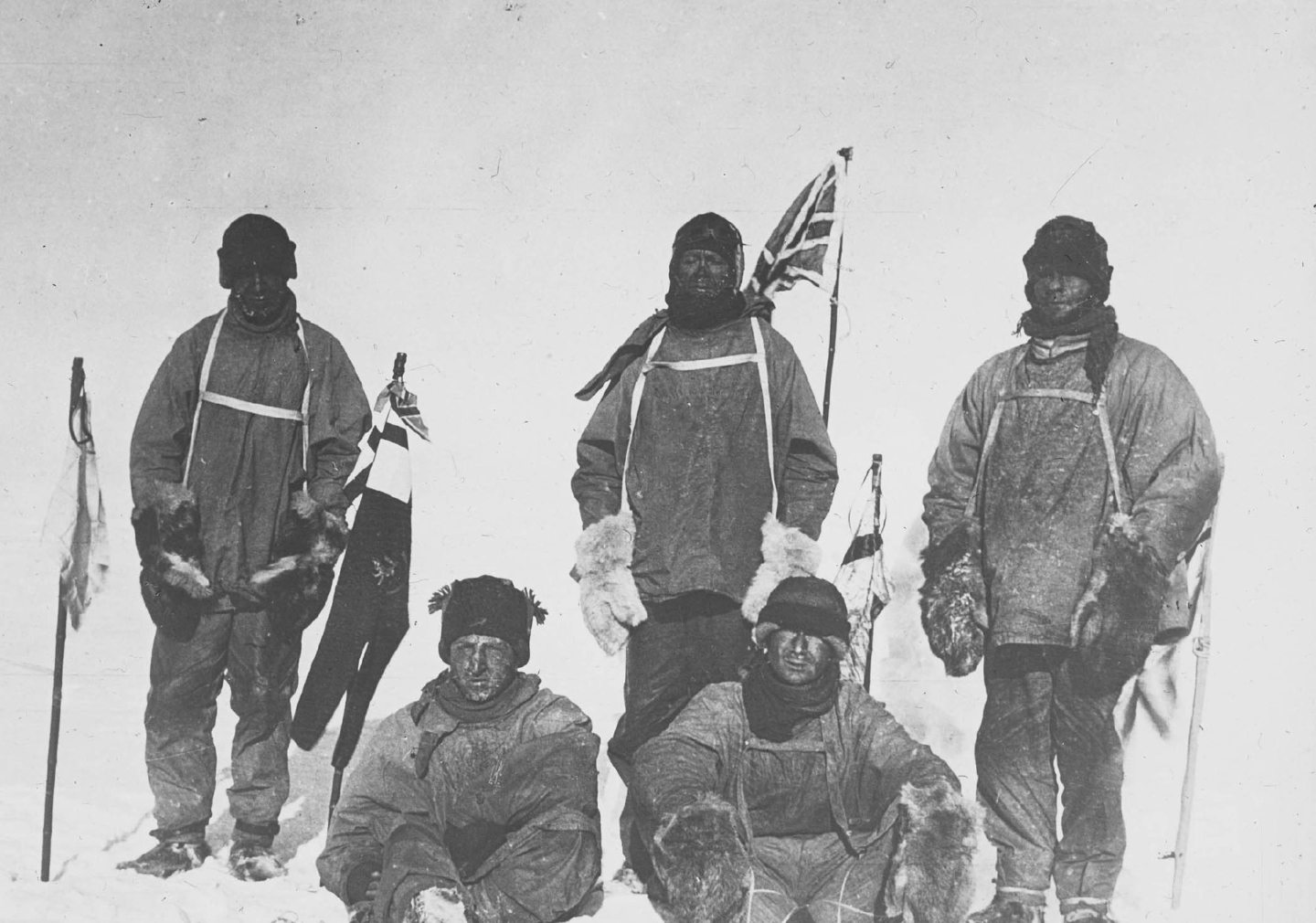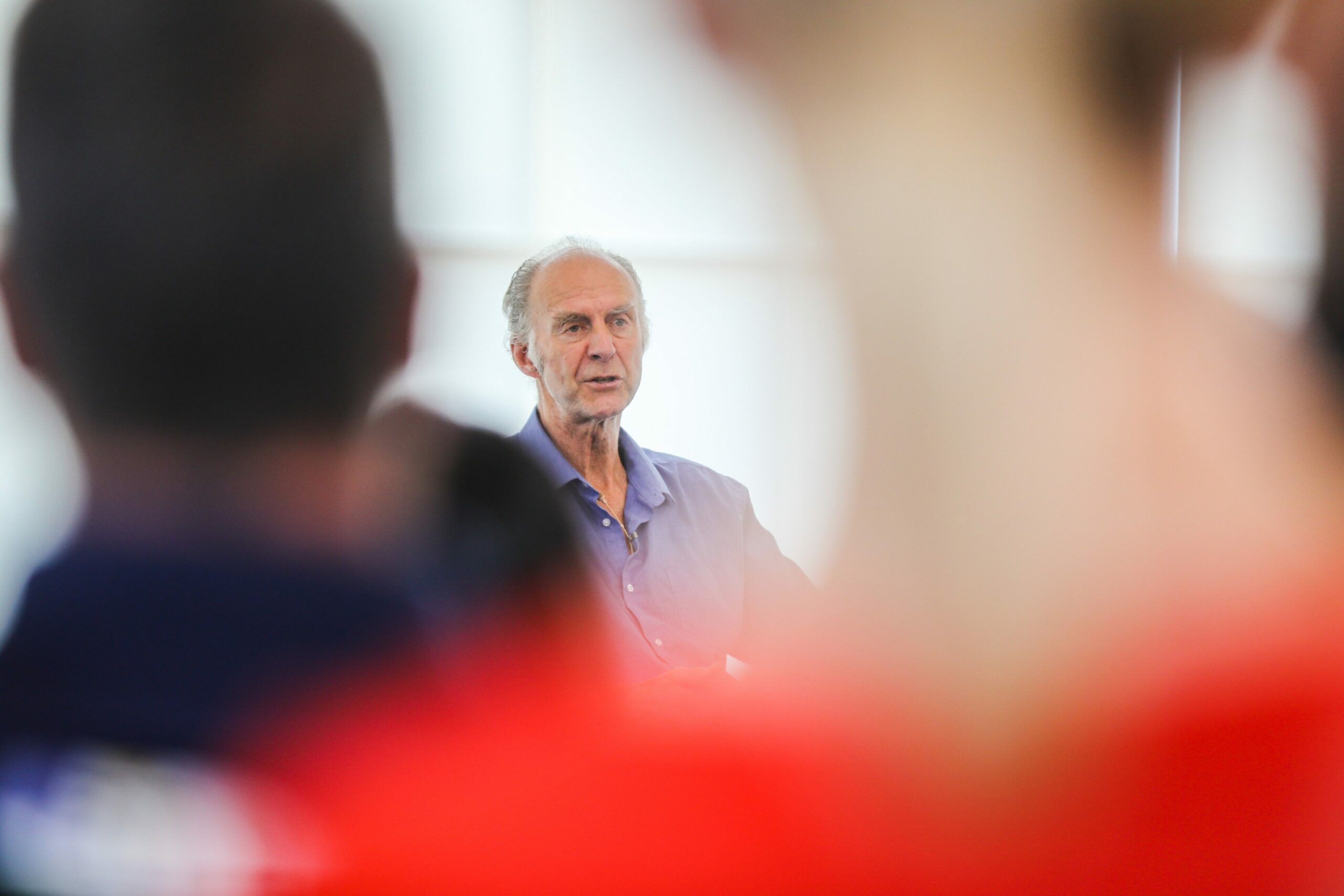The wonderful Michael Palin brought a rich collection of eccentrics to life in his memorable 1970s TV series Ripping Yarns.
But even the ex-Python star might have balked at regaling us with the extraordinary story of a character called Ranulph Twisleton-Wykeham-Fiennes.
This, after all, is the man who, while part of the SAS, was so offended by the construction of an ugly concrete dam by 20th Century Fox for the production of their fabled film Doctor Dolittle that he plotted to destroy it and used explosives which he later claimed to have accumulated from leftovers on training exercises.
Since that controversy, he has become the first person to cross Antarctica by foot, climbed Mount Everest at the age of 65 and gained the title of “World’s Greatest Living Explorer”. Earlier in his life, he was considered for the coveted role of James Bond and made it to the final six contenders, but was eventually rejected by producer Albert “Cubby” Broccoli for having “hands too big and a face like a farmer.”
In short, his story deserves to be seen, if not necessarily to be believed. And the 78-year-old is coming to Inverness next month as part of his Living Dangerously tour.
It’s difficult to do justice to everything that Fiennes has packed into his CV, so he has had to be choosy in selecting material for his trip to Eden Court on September 18.
But it promises, as usual with this fellow, to be a rollicking roller-coaster ride across different continents during his magical mystery tours from the last 50 years.
He said: “I’ll be talking about my life: my childhood and schooling, and training with the SAS (and being chucked out of the SAS)! I’ll be talking about my very first posting with the British Army, and being the youngest captain in the Army – even though I didn’t deserve it – and how that inspired my love of exploring.
Breaking Everest and Eiger records
“I’ll also touch upon some of my favourite expeditions, one of which was finding an Arab city with my first wife Ginny – we spent 26 years looking for it – and how, in the first year after we got married, we did our first journey together: a 2000-mile boat trip down one of the toughest rivers in the world, in a rubber dinghy.
“There’s so much to talk about that I can only briefly touch on being the oldest Brit up Everest and the oldest pensioner in Great Britain to go up the north face of the Eiger. But I’ve tried to get a good mix of polar exploring and my other adventures.”
It’s astonishing to learn, given his passion for mountaineering, that Fiennes suffers from vertigo, but if there’s a lesson to be derived from his career, it’s that he has never been interested in admitting defeat. This trait has occasionally cost him dear and he knows the agony of frostbite on these far-flung expeditions. Yet he keeps persevering.
He added: “There is one thing I wish I had tried doing earlier. At the moment, I still hold the world record of being the only person to have crossed the whole of the Antarctica ice cap, the whole of the northern ice cap and to climb the highest mountain.
“It’s called the Global Reach Challenge and I’m the only person to ever have done it. There are two other people who have nearly done it, a Norwegian and a Belgian, both of whom I am friends with now. But the record I would like to have broken is to cross all the ice caps and climb all seven of the highest mountains.
“Everest is the most difficult, but I’ve done that. And if, when I’d done Everest, I had done the minor ones, that would have been no problem. It was 2009 and I was in my 60s and quite fit, but when you’re a bit older, things start to go wrong.
“Your circulation heads towards your core, so if you have ever gotten frost bite
before, you are even more likely to get it again. The mountains that you can actually climb when you are in your 70s have to be much lower than the ones you could have climbed before. There are only three of them out of seven that I haven’t done, so it’s very annoying. I’m sure someone else will complete it soon.”
Fascination with explorers
Fiennes has long been fascinated by the qualities of the rugged explorers from the early part of the 20th century and how they willingly travelled into unknown territory, never knowing whether they were on the verge of a windfall or a catastrophe.
Ernest Shackleton flirted with disaster, but somehow, through the sheer force of his personality, managed to negotiate a return home for himself and his colleagues despite the crew and their ship Endurance being trapped in pack ice and facing death. But, of course, there was no similar escape for Captain Robert Falcon Scott in 1912.
It’s an iconic episode in British history and Fiennes said: “One of the people I admire the most is the polar explorer Captain Scott. I’ve just written a book on him that tries to get to the truth of his wonderful career, as there are a lot of lies and rumours about him.
“He first discovered that Antarctica was a continent. But he had bad luck with the weather on his expeditions, and died in his tent. I also really admire the explorer Wilfred Thesiger, who carried out lots of expeditions in intense heat.”
Concerns about the planet
Fiennes has witnessed so much on his peripatetic tours that he appreciates the fragility of the natural world and shares Sir David Attenborough’s concerns about the planet gradually heating up and the oceans becoming increasingly polluted.
Thus, with the threat of climate change more apparent than ever, what would he urge the younger generation to change as a matter of urgency?
He replied: “Sorting out the plastic in the ocean would be a good start, rather than trying to tackle things you can’t even see. Everyone can do something about that, whereas something complicated such as tackling carbon monoxide is more difficult to get the public interested in.
“And, if the whole of the motor industry had to switch to electric vehicles, that would be good – because then we would be heading in the right direction.”
Fiennes is one of a kind. If he had been born 200 or 300 years ago, he would probably have fought at Trafalgar or set up the Bow Street Runners. In his sphere, sitting around doing nothing isn’t an option. You have to test yourself once, twice, thrice, for as long as you still have a pulse and the ability to dream.
He’s definitely not the sort of host who would send guests to sleep, but his choice of dinner party companions offered his glimpse into his psyche.
He said: “Honestly, I would invite my wife to my dream dinner party. Although I would also like to invite Jesus to make sure I haven’t wasted my time in believing in him.
“And maybe Stalin, Hitler and Mao so that I could poison them before they had done all their damage.”
Tickets for Living Dangerously are available now.
More like this:
Aberdeen charity stalwart reveals her family’s links to TV drama The Terror
